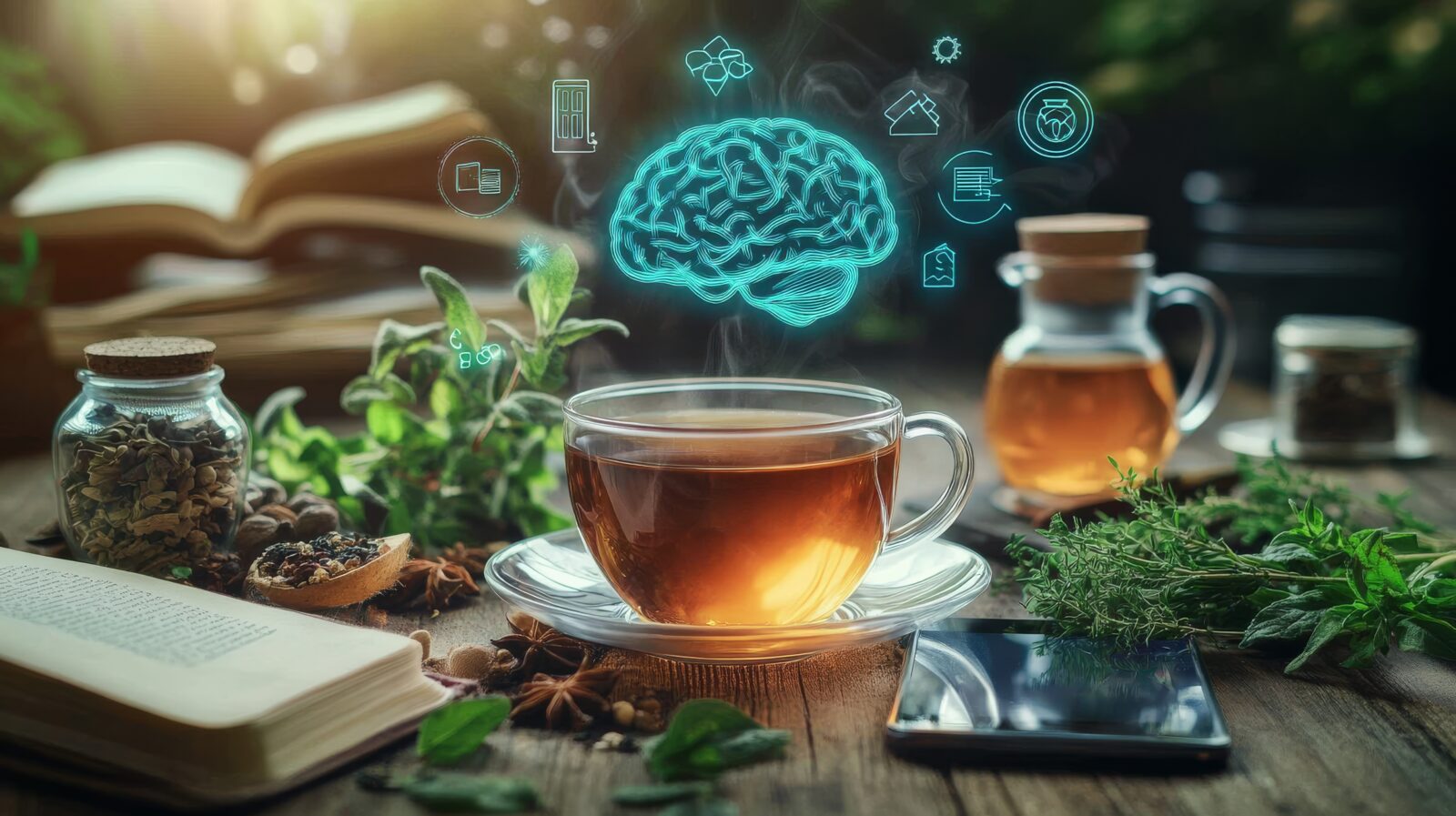Chinese Teas That Boost Brain Power (Without the Jitters)
People “brain hack” now with abandon, turning to TikTok videos, Reddit boards and more for insights into how to optimize brain power through botanicals and other factors.
Mental clarity and acuity? The brain hackers pursue it. Mood improvement? Naturally. Alertness as well as serenity? They’re both part of the brain hacking landscape.
Much attention gets directed towards supplements: gummies dosed with ashwagandha, capsules packed with ginkgo biloba, amino acid powders destined for smoothies. But some of the wiser brain hackers incorporate another product, tea, into their protocols. They understand that the vast universe of tea includes myriad botanical compounds that align with brain health.
From monks to mathematicians: why Camellia sinensis remains the smartest way to energize your mind—plus three standout picks.
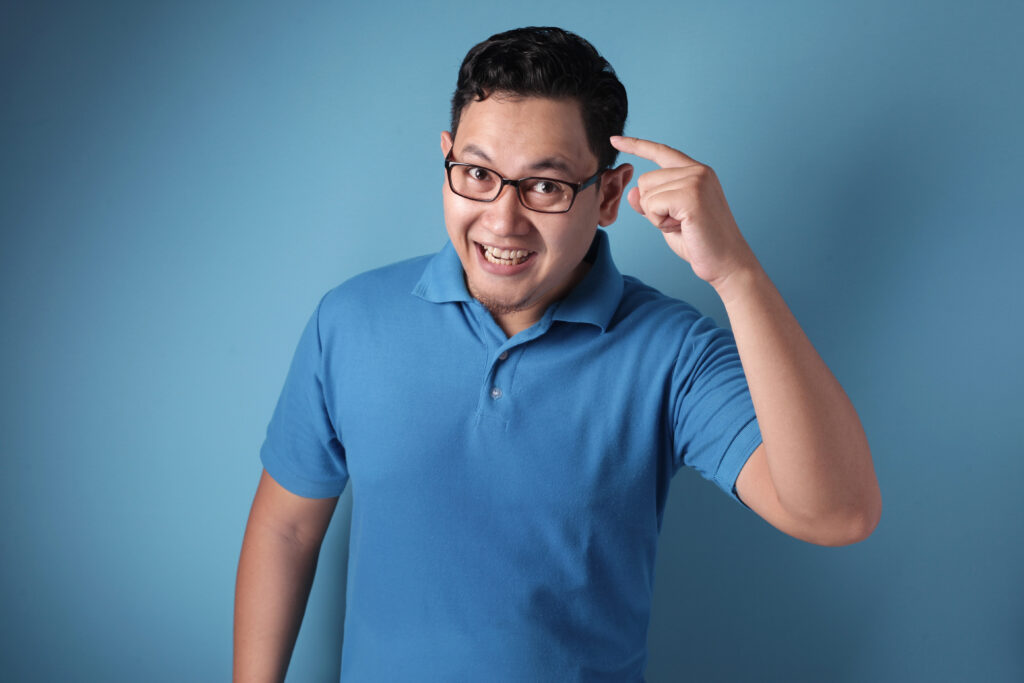
Those teas include a diversity of herbal teas. But they also tap Camellia sinensis, the genus and species of traditional tea, native to parts of Asia. In fact, tea is the OG brain hacking plant! Much of its history revolves around its embrace by philosophers, scientists and artists. They sipped Camellia sinensis to spark deep insights about everything from mathematics to politics. Monks celebrated it, too, for its ability to keep their minds sharp while sitting during meditation.
Thousands of years later, tea’s ability to rev the mental engines remains—even if we don’t always consider this superpower while we sip a cup of sencha with our sushi, or enjoy an oolong after lunch. The plant’s stimulative powers depend largely (although not entirely) on one powerful chemical compound found in tea leaves, coffee beans and select other plants: caffeine.
But caffeine presents challenges. Canned energy drinks flooded with the botanical ingredient do achieve alertness. The sipped zip comes, however, with a serious downside—jitters. Minds jacked on caffeine often can’t focus; they skip and leap from idea to idea in fast succession, and fail to piece together the profound insights that serve as the foundation of so much intellectual history and productive life. Coffee drinks and some styles of tea can also lead to plenty of verve, but little vision.
Green and white teas especially well-balanced
And then there’s green tea, the style first discovered in China thousands of years ago and brewed ever since. We think green tea is especially good at navigating the places zip and jitters. White tea also performs magic with delivering energy sans shaking hands. Why these two in particular? In large part, due to their ideal caffeine quotient. Where some caffeine-forward beverages contain heaps of caffeine, most green and white teas (matcha excepted) contain smaller quantities of nature’s most well-known source of mental and physical invigoration. And their more measured volume of caffeine makes all of the difference.
Honestly, the other main styles of tea—black, oolong and puerh—also beat nearly every other caffeine-filled drink when it comes to offering smart, rather than excessive, caffeine jolts. But green and white may stand as the exemplars. Instead of thought-scattering jitters, the tidy amounts of caffeine in green and white teas leads to the kind of galvanizing intellectual work that yield grand achievements in science and the arts. Instead of getting struck by a caffeine hammer, green and white tea sippers instead experience something more like mental arousal.
In addition, those caffeine clubs often lead to fitful sleeps, compelling people to steer clear of them after the morning’s first few hours. But the refreshing jolts of pep delivered by green and white tea tend to wear off after an hour or so. This invites people to continue enjoying them across the afternoon and even into the early evening.
Teas for Mental Vigor: An Ji White
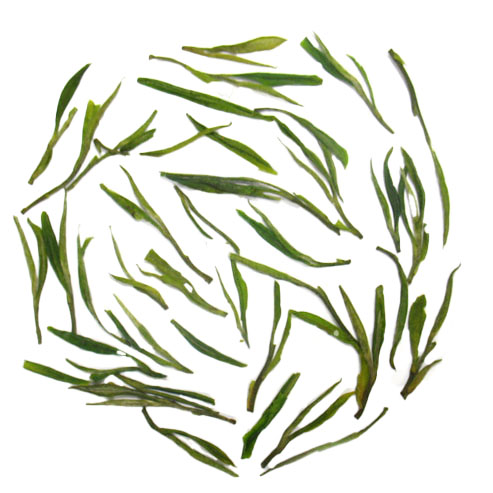
With all of us returning to the post-holidays grind, including loads of work until we leave for summer vacations, mental stimulation is essential. Let green and white tea help you thrive, and not just for the morning hours. These teas are here for you all day, every day.
The leaves destined for this majestic tea are all harvested in early spring, when the tender leaves broadcast a silvery-white appearance—hence, the tea’s name. This style of tea, only developed in 1979, is grown on the side of Mt. Tian Mu in China’s coastal Zhejiang Province.
One of the grand benefits of An Ji White is its high concentration of theanine, which is a calming amino acid. The leaves’ youth explains the tea’s robust level of theanine, and it also contributes toward the tea’s lightly sweet flavor, with no bitterness. As with all of the tea’s explored here, this is a fantastic choice for sipping from morning into evening.
Teas for Mental Vigor: Chrysanthemum Green
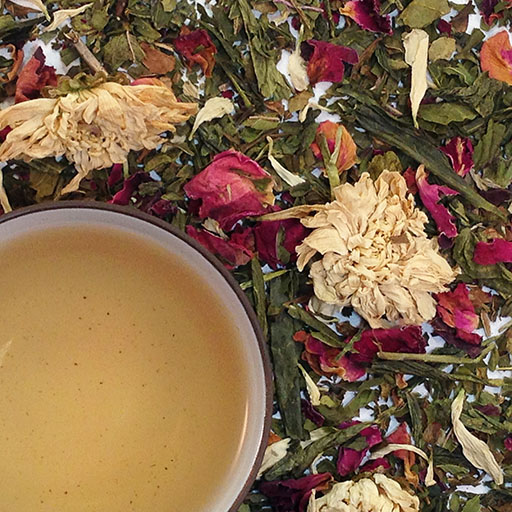
With a blend of Japanese sencha tea, peppermint, chrysanthemum and rose petal, this outstanding tea contains less Camellia sinensis per cup than otherwise, meaning smaller amounts of caffeine. Bright peppermint brings its own energy benefits to the tea, helping to awaken minds without caffeine for thousands of years. The rose petals in the blend add beautiful aromatics and flavor, too. And then there’s the chrysanthemum. This flower gets widely tapped by naturopathic doctors to support many health conditions, including lung vitality. It’s also deployed to mitigate internal inflammations, according to Chinese medicine.
We consider this tea a wonderful partner for savoring all day for many reasons, including that as we drink Chrysanthemum Green we not only are exercising our minds—we also are bolstering our health.
Teas for Mental Vigor: Silver Needle White Tea
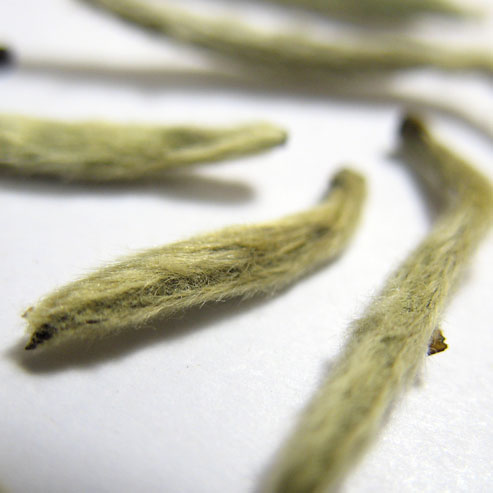
This limited-production and prized white tea, also known as Bai hao Yin Zhen, represents the fruit of tea farmers plucking only buds in early spring. Each bud gets meticulously picked by hand, after which tea artisans fan them out and dry them in the sun. Finally, the buds are lightly fired over charcoal at a low heat, a step that finalizes the drying process and helps preserve the tea’s enchanting silver color.
It’s the naturally sweetest of all white teas. Sipping Silver Needle coats your mouth with a clean, smooth sweetness. And the tea contains a wealth of polyphenols and nutrients that contribute toward mental acuity.

